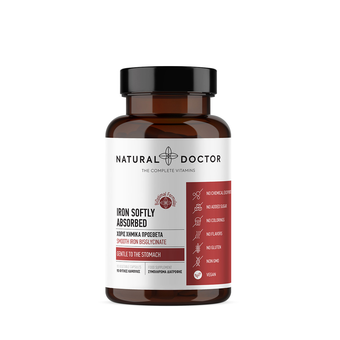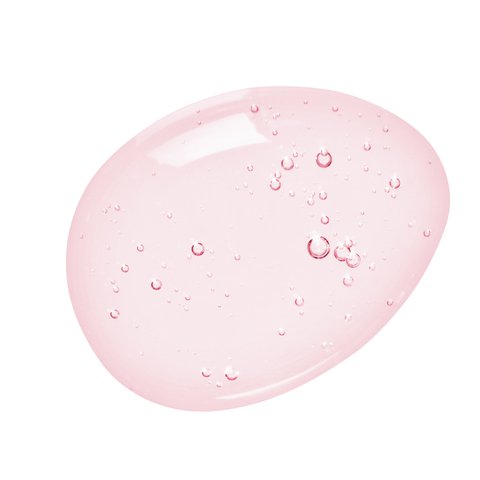5 signs of iron deficiency

Iron deficiency is a common problem and the most common nutritional deficiency, often affecting children, adolescents, and premenopausal women. Iron is an essential mineral, which plays an important role in the metabolism, reproduction, and maturation of cells. Iron helps produce hemoglobin, which affects the red blood cells that carry oxygen throughout the body.
5 SYMPTOMS OF IRON LACK
- Fatigue, weakness
Iron deficiency results in a reduced supply of oxygen to the body's tissues, leading to a strong feeling of weakness and fatigue. - Pale skin
Haemoglobin is responsible for the red colour in the blood. When haemoglobin is sufficient, the skin has a pink colour that exudes health. In cases of iron deficiency, the skin colour is greyish. - Hair loss
Oxidative stress and genetic factors contribute to hair loss, but it seems that iron deficiency contributes to hair loss in both men and women. - Headache
The brain has high energy requirements for oxygen, and for this reason, most of the available oxygen is channelled there by the cells. When there is a lack of iron, the amount of oxygen is not enough to meet the brain's needs, and migraines or headaches often occur. - Tachycardia or arrhythmias
Iron deficiency can affect heart function due to reduced supply resulting in arrhythmias or tachycardia
Iron deficiency can induce:
- Hormonal imbalances
- Anemia
- Tachycardia
- Chronic fatigue
- Breathing difficulty
- Muscular weakness
- Insomnia
- Weight changes
- Cough
- Lack of concentration
- Pain in the mouth or tongue
- Changes in mood
- Hair loss
PEOPLE WITH HIGH IRON REQUIREMENTS
- Women with heavy menstruation
- Teenagers
- Pregnant and breastfeeding
- Vegetarians and vegans
- People with gastrointestinal diseases
- Professional athletes
FOODS RICH IN IRON
- liver
- red meat
- fish
- mussels
- legumes
- dried fruits and nuts
- sesame
- oatmeal
- rye bread
- vegetables, such as spinach, beets, artichokes
SIDE EFFECTS OF COMMON IRON
Common iron supplements are often not easily absorbed by the body and sometimes cause several side effects such as:
- Constipation
- Motion sickness
- Burn
- Gases
- Inflation
IRON SOFTLY ABSORBED
The newIRON SOFTLY ABSORBED is very easily absorbed without causing constipation or heaviness in the stomach. It contains bisglycine iron, an iron compound with an amino acid with a high degree of absorption, and is very mild. It is in the form that the body takes in through food. It is safe for use by pregnant women, nursing mothers, teenagers, adults and suitable for vegetarians.
Unlike standard forms of iron, iron bisglycinate does not prevent absorption of other nutrients such as vitamin E, vitamin C, or calcium. The vegetable capsule ensures that it not broken down by stomach acids but is absorbed directly by the small intestine. This helps to avoid irritating symptoms such as nausea, constipation, and stomach upsets.



